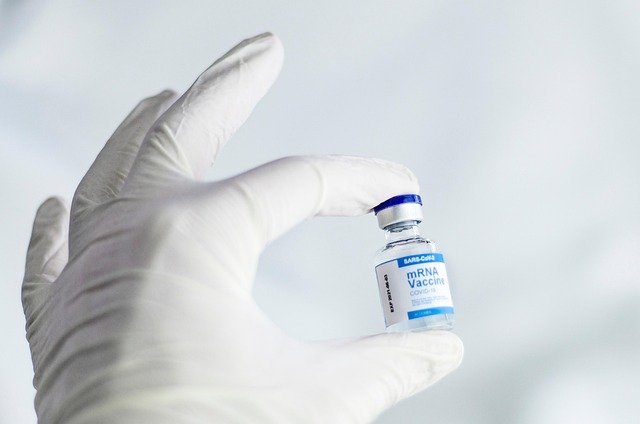Cord Blood Banking in the USA: What Every Parent Should Know
Welcoming a new baby into the world is a joyful and life-changing moment. As an expecting parent, you’re likely making hundreds of decisions — from choosing a car seat to deciding on a pediatrician. One important but often overlooked option is cord blood banking. This medical service allows parents to preserve potentially life-saving stem cells from their baby’s umbilical cord. But is it the right choice for your family? In this article, we’ll explore everything you need to know about cord blood banking in the USA — including how it works, what it costs, and whether it’s worth it.

What Is Cord Blood Banking?
Cord blood banking is the process of collecting and storing blood from a newborn’s umbilical cord immediately after birth. This blood contains hematopoietic stem cells, which can develop into various blood cells and may be used to treat certain diseases, including some cancers, blood disorders, and immune system conditions. The collection process is painless and occurs after the cord is cut, making it a safe procedure for both mother and baby.
Private vs. Public Cord Blood Banks: Understanding Your Options
Private cord blood banks store your baby’s cord blood exclusively for your family’s potential future use. You pay for collection, processing, and annual storage fees. Public banks accept donated cord blood for anyone who might need it, similar to blood banks. Donation to public banks is free, but the stored blood becomes available to any compatible recipient.
How Much Does Cord Blood Banking Cost?
Private cord blood banking involves two main expenses: initial collection/processing fees and annual storage fees.
| Service Type | Initial Cost | Annual Storage Fee |
|---|---|---|
| Private Banking | $1,500 - $2,500 | $150 - $350 |
| Public Banking | Free | No fee |
| Family Banking* | $1,200 - $1,800 | $100 - $175 |
*Family banking offers reduced rates for families with an immediate medical need.
Prices, rates, or cost estimates mentioned in this article are based on the latest available information but may change over time. Independent research is advised before making financial decisions.
Best Cord Blood Banking Companies in the U.S.
Several accredited cord blood banks operate in the United States. Here are some leading providers:
| Company | Accreditation | Key Features |
|---|---|---|
| Cord Blood Registry | AABB, FDA | Largest private bank, 25+ years experience |
| Viacord | AABB, FDA | Advanced processing methods |
| Cryo-Cell | AABB, FDA | First private cord blood bank |
| New York Blood Center | FACT, FDA | Largest public bank |
What Medical Conditions Can Cord Blood Treat?
Cord blood stem cells currently treat about 80 different diseases, including:
-
Leukemia and lymphomas
-
Sickle cell disease
-
Inherited immune system disorders
-
Metabolic disorders
-
Some forms of anemia
Research continues to explore potential new applications in regenerative medicine and other therapeutic areas.
Pros and Cons of Cord Blood Banking
Before making your decision, consider these key factors:
Pros:
-
Biological insurance for your family
-
Immediate availability if needed
-
Perfect match for the baby
-
Potential use for siblings (25% chance of perfect match)
Cons:
-
Significant cost for private banking
-
No guarantee of future use
-
Limited quantity of stem cells
-
May not be suitable for all treatments
This article is for informational purposes only and should not be considered medical advice. Please consult a qualified healthcare professional for personalized guidance and treatment.




